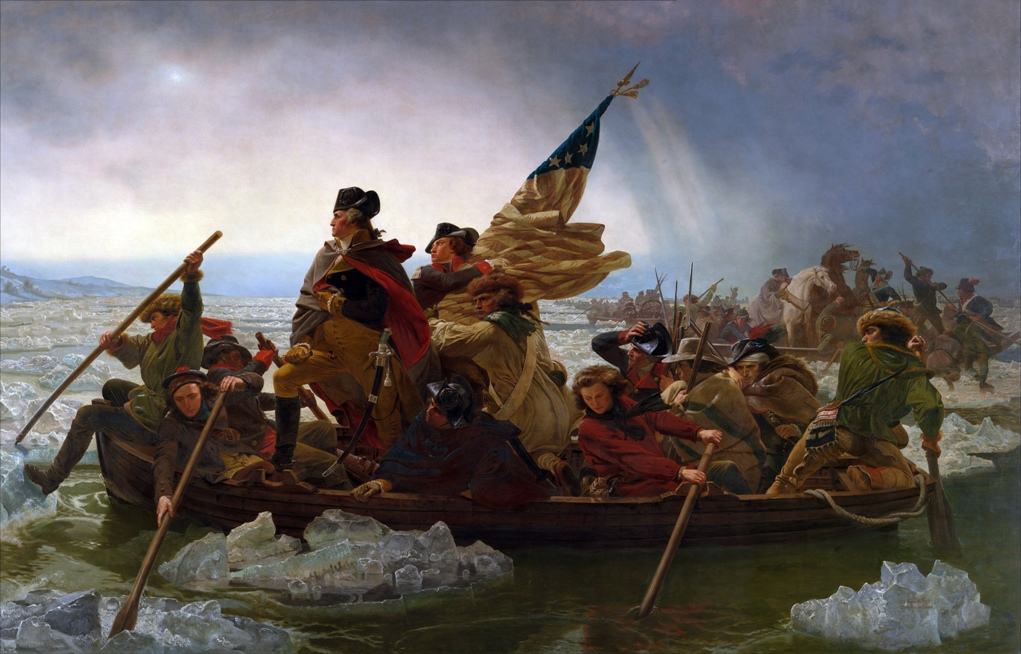Washington regarded religion as a civilizing force.
On September 25, 1789 the House of Representatives passed a resolution calling for a day of national prayer and thanksgiving. The resolution reads: We acknowledge with grateful hearts the many signal favors of Almighty God, especially by affording them an opportunity peacefully to establish a constitutional government for their safety and happiness.' President Washington was then asked to designate the day of prayer and thanksgiving, thus inaugurating a public holiday, Thanksgiving. He replied: 'It is the duty of all nations to acknowledge the providence of Almighty God, to obey His will, to be grateful for His mercy, to implore His protection and favor ... That great and glorious Being who is the beneficent author of all the good that was, that is, or that ever will be, that we may then unite in rendering unto him our sincere and humble thanks for His kind care and protection of the people.'
Washington wished to dispel for good any notion that America was a secular state. It was a government of laws but it was also a government of morals. 'Of all the dispositions and habits which led to political prosperity Religion and Morality are indispensable supports.' Anyone who tried to undermine 'these firmest props of the duties of Men and Citizens' was the very opposite of a patriot. There can be no 'security for property, for reputation, for life if the sense of religious obligation desert the oaths which are the instruments of investigation in the Courts of Justice.' Nor can morality be maintained without religion. All experience showed that 'national morality' cannot prevail 'in exclusion of religious principle.' America cannot survive without religion. Washington felt, like most Americans, that his country was in a sense chosen and favored and blessed. Hence he would 'carry to the grave' his 'unceasing vowes' that 'Heaven may continue to you the choicest tokens of its beneficence - that your Union and brotherly affection may be perpetual - and that the free Constitution ... may be sacredly maintained.'

